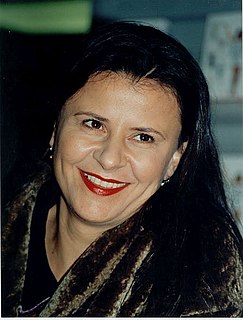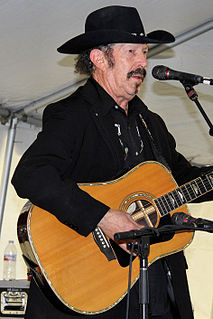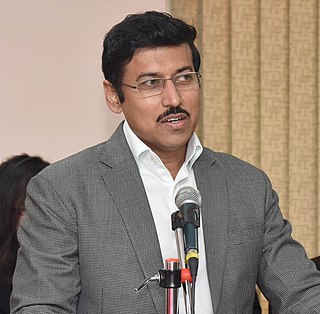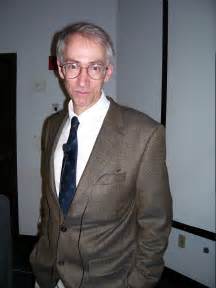A Quote by Pete Doherty
I've got a fierce passion for politics but I can't stand the smarmy, hypocritical upper-middle-class dictator nation that prevails and has always prevailed in this country. I'm up for petrol bombers, mate, and fighting in the streets.
Related Quotes
In sports, I was representing my country, but in politics I represent people directly. I have always lived with a cause. In army, it was the existence of the sanctity of nation and the men I was commanding, and in sports, it was the pride of my country, while in politics, it is the rights of citizens I am fighting for.
The American middle class always wants to be upper class and is scared to death of being lower class. It's a highly mobile group of people. They're not like the people that want to be shopkeepers forever, have always been shopkeepers and want always to be shopkeepers. These people mostly are insulted by being called middle class.




































